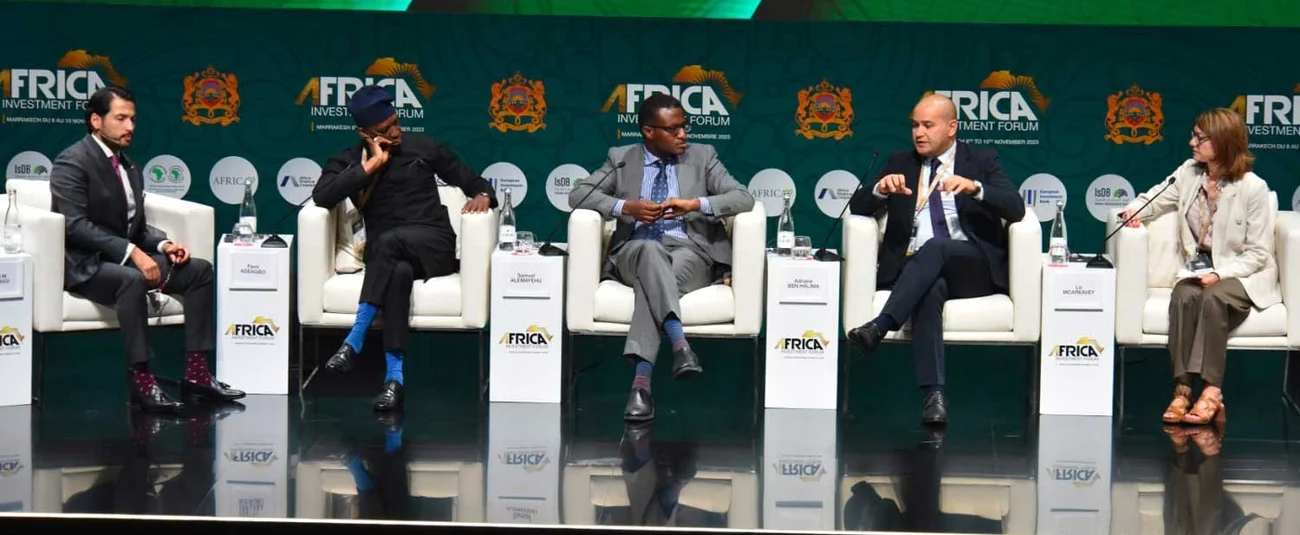Enormous investment opportunities in Africa which are being driven by transformative technologies like AI, were emphasized by experts during Africa Investment Forum Market Days.

The enormous investment opportunities in Africa, especially in e-commerce and telemedicine, which are being driven by transformative technologies like artificial intelligence (AI), were emphasized by experts during the Africa Investment Forum Market Days in Marrakech.
The panel discussion, titled “Digital Disruptors and Transformative Technology,” featured insights from industry leaders, including Samuel Alemayehu, Adnane Ben Halima, Femi Adeagbo, and Liz McAreavey.
Adeagbo commended Africa’s telecom progress over the last three decades, emphasizing the shift from 30,000 landlines to millions of mobile phones, creating substantial employment. While acknowledging the positive impact of innovations like Kenya’s M-Pesa, he cautioned against potential negatives such as the spread of fake news and job losses due to AI.
The panel highlighted the AI’s potential to drive digital inclusion, addressing socio-economic challenges across various sectors, including climate, medicine, education, job creation, agriculture, energy, and food. They emphasized AI’s role in accelerating development and connecting African businesses to global markets.
Alemayehu proposed diverse sectors for the AI application, including local medicine manufacturing, electricity generation through reactors, and palm oil and nitrogen production. McAreavey stressed the importance of Africa effectively utilizing AI for inclusive transformation, warning of potential lagging behind without proactive adoption.
The panel identified the social and ethical dimensions of AI, emphasizing the need for government regulations to mitigate emerging risks.
They urged African countries to make strategic decisions, foster public-private collaboration, build robust ecosystems, and replicate successful practices across nations. The importance of women’s access to technology was highlighted, emphasizing the role of digital tools in fostering transparency and innovation.
Halima provided the examples of Huawei’s initiatives, such as the “talent bank” for job creation and talent retention and the “Women in Africa” program. He called for infrastructure development to address connectivity disparities, particularly focusing on the 40% of women currently not connected to the internet.